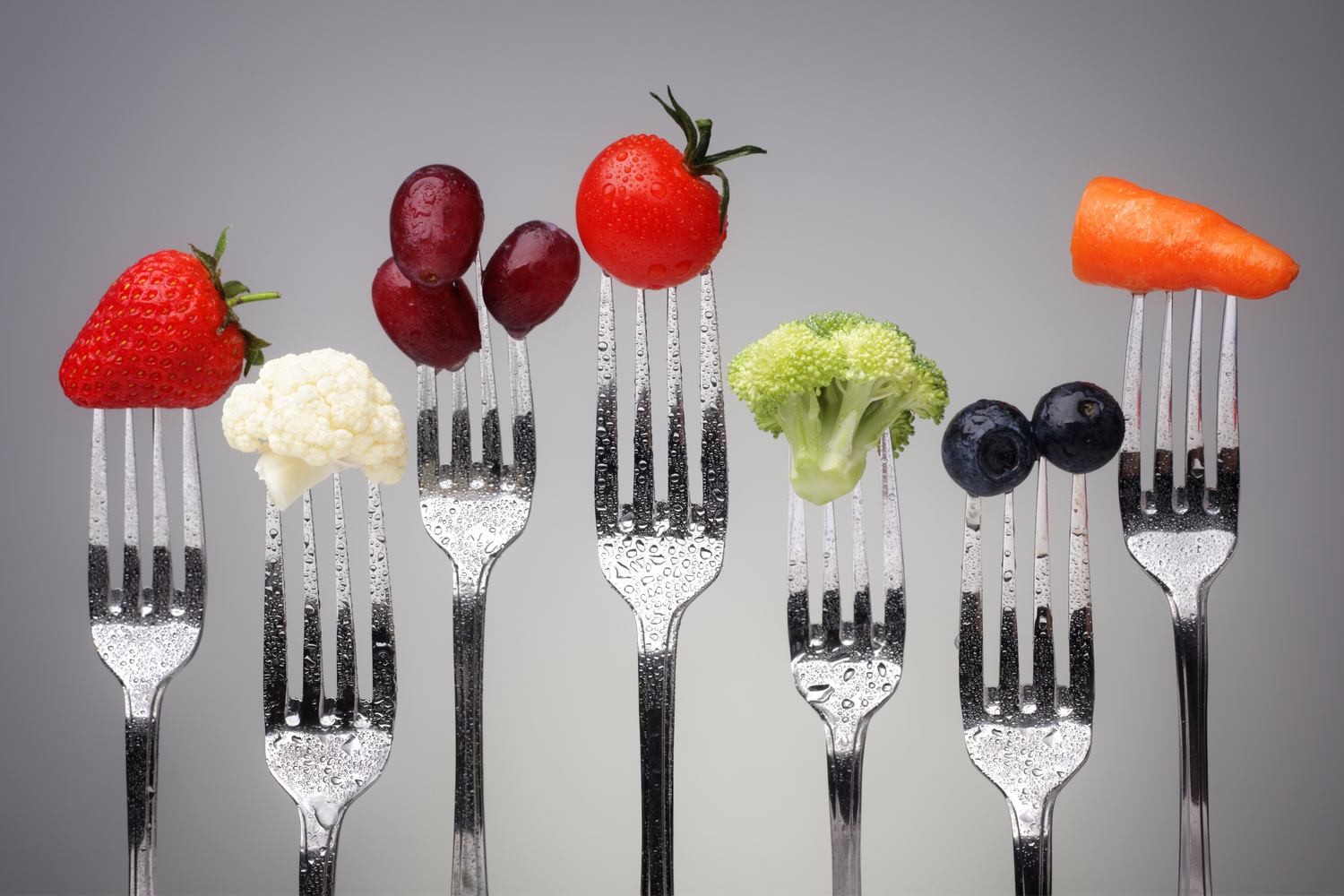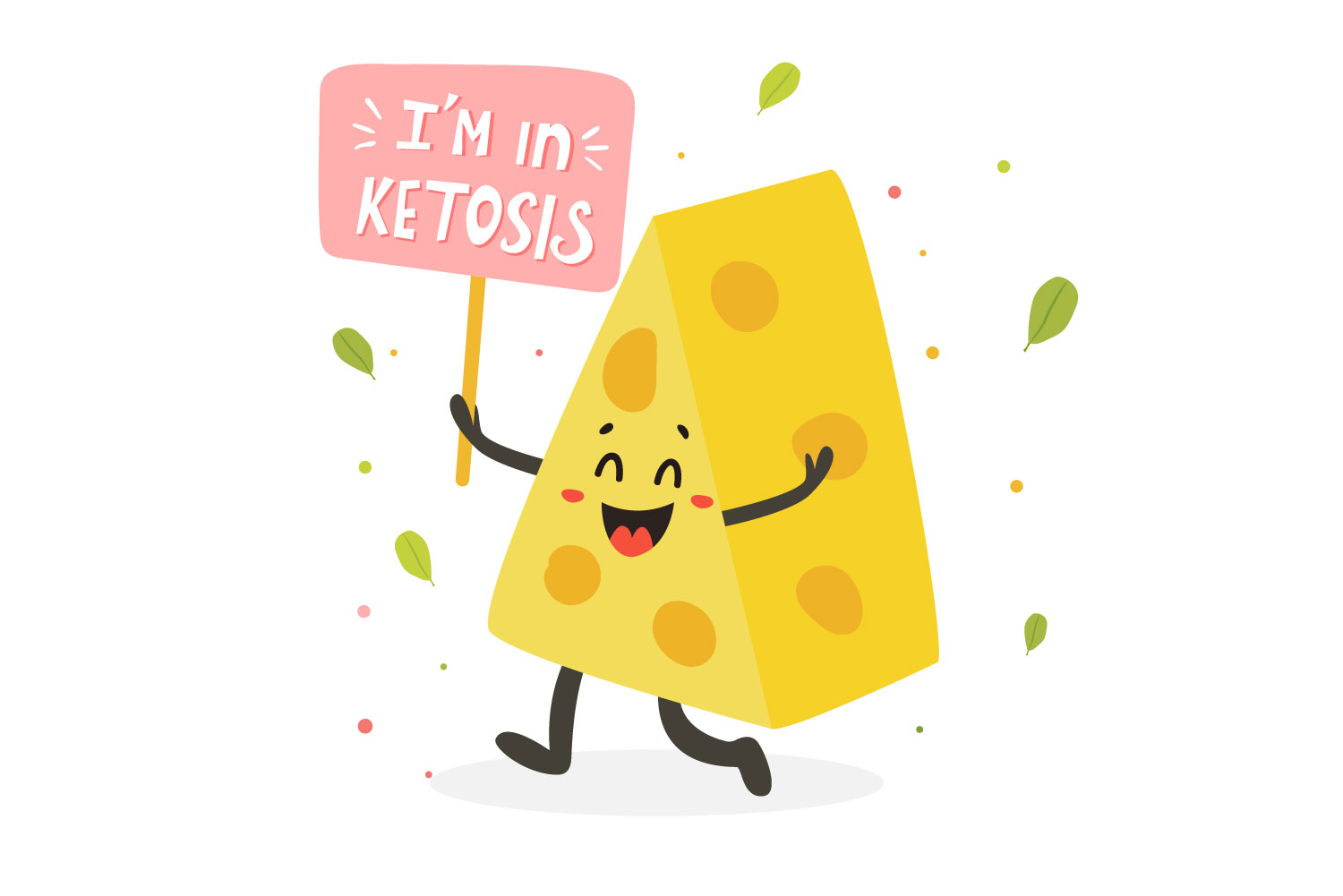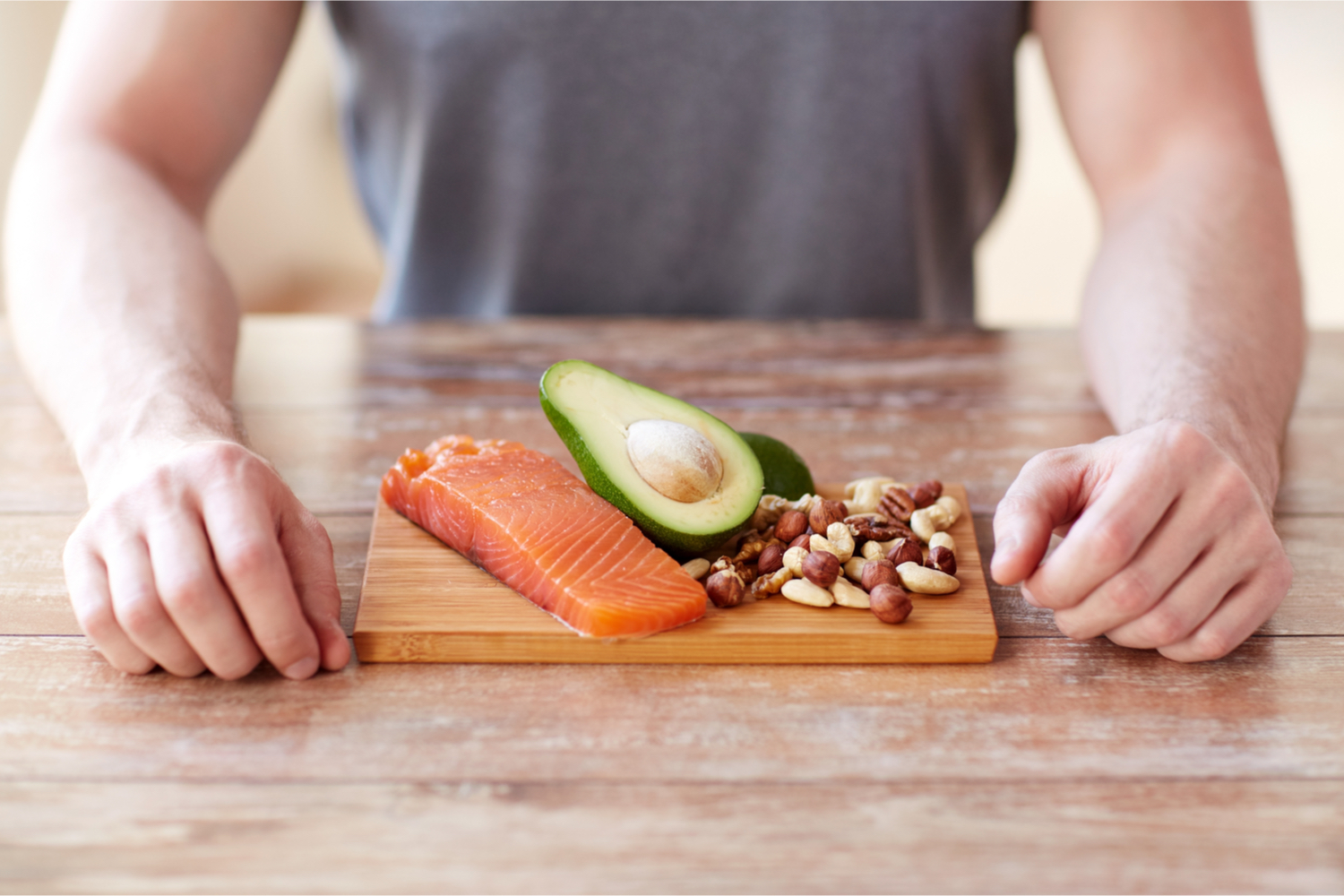SUMMARY
What are antioxidants? And what do antioxidants do for your health? These nutrients fight oxidative stress and help preserve the integrity of your body’s cells. They play an active role in cancer prevention, and they’re found in both animal-based and plant-based foods. The list of antioxidants includes vitamin C, vitamin E, lutein and beta-carotene.
Many of us have a general sense that antioxidants support good health.
But achieving a more precise understanding of these nutrients can be elusive. What are antioxidants, exactly? And what do antioxidants do to support your well-being?
The short answer is that these nutrients work to prevent oxidative damage in your body’s cells. This damage is caused by compounds known as free radicals; damage created by free radicals can speed up the aging process and eventually cause chronic disease. Cancer and cardiovascular disease are just two of the chronic ailments that have been linked to free radical damage.
There’s a lot more to learn about antioxidants and their role in supporting our health.
In this article, we will:
- Explain what antioxidants are
- Break down the relationship between antioxidants and free radicals
- Discuss the different types of dietary antioxidants
- Share a list of foods that contain valuable antioxidants
- Discuss key points to keep in mind regarding antioxidant supplementation
What are antioxidants?
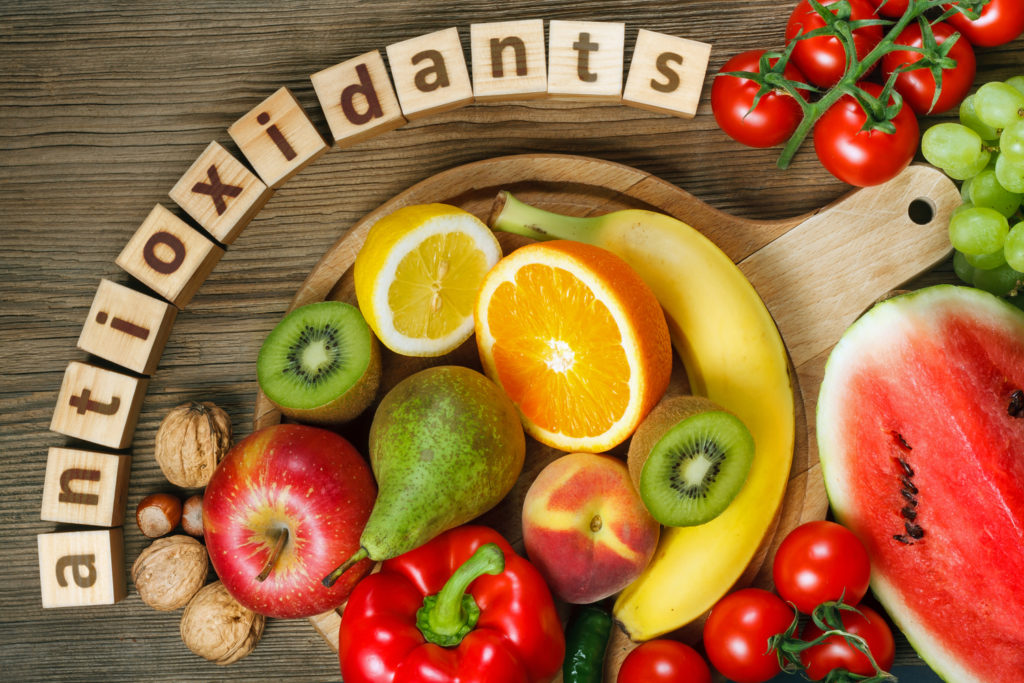
Antioxidants are substances that work to prevent cell damage. Some antioxidants are natural, found in food and beverages such as fruit, green leafy vegetables and green tea. Synthetic antioxidants are also available. These are created in a lab, and they are used in certain antioxidant supplements.
Here are some examples of common antioxidants:
- Vitamin A
- Lutein
- Lycopene
- Vitamin C
- Beta-carotene
- Vitamin A
- Selenium
- Manganese
- Polyphenols
- Zinc
So, more specifically, what are antioxidants used for during the body’s ongoing fight to prevent cell damage? Antioxidants are used to combat molecules known as free radicals. Free radicals can harm your body if their levels become too high. Antioxidants help keep your body’s free radicals at a healthy level.
What do antioxidants do to free radicals?
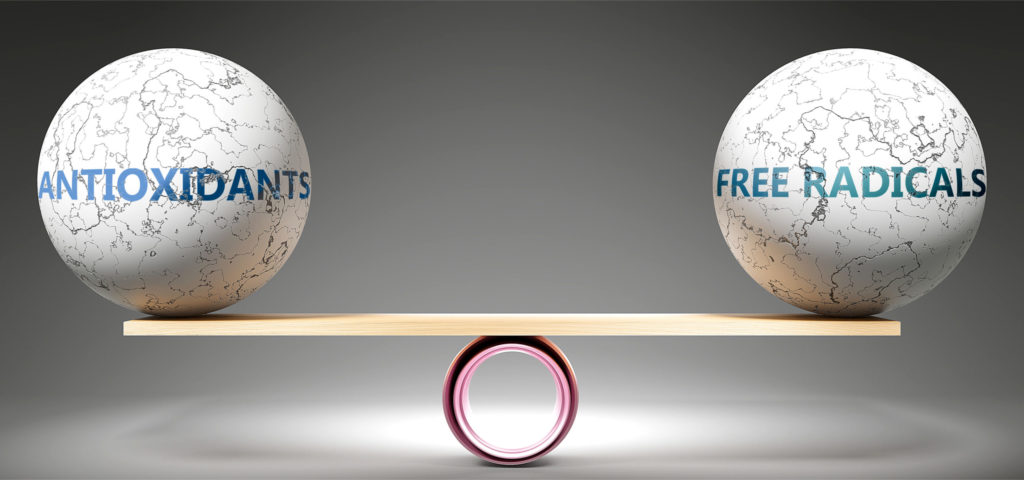
The relationship between antioxidants and free radicals has important implications for your health.
To understand this relationship, it’s important to get a clear sense of what free radicals are and what role they play in the body.
Your body is constantly creating free radicals. These molecules serve a vital purpose, and there needs to be a certain amount of free radicals present in the body for it to function at its best. These molecules can help the body defend against pathogens. For example, your immune system uses free radicals to help the body fight infections.
Free radicals can be produced from normal cell metabolisms. They can also be produced as a result of external sources. Pollution, cigarette smoke, radiation and certain medications can all cause free radicals to be created by the body. And your diet can impact free radical production. Alcohol intake and certain types of processed food can cause your body to create more free radicals.
With free radicals, balance is key. They are helpful in moderate amounts, but if their numbers become excessive, they can harm the body.
So, what are antioxidants used for when it comes to free radicals? Antioxidants help keep the number of free radicals in your body in check. When free radicals outnumber antioxidants, it sets the stage for dire health consequences. This situation can put your body in a state called oxidative stress. If your body remains in oxidative stress for prolonged periods of time, it can ultimately damage your DNA.
Studies show that this type of DNA damage can increase your risk of developing cancer. And research shows that oxidative stress and DNA damage may accelerate the aging process.
Damage caused by excessive free radicals
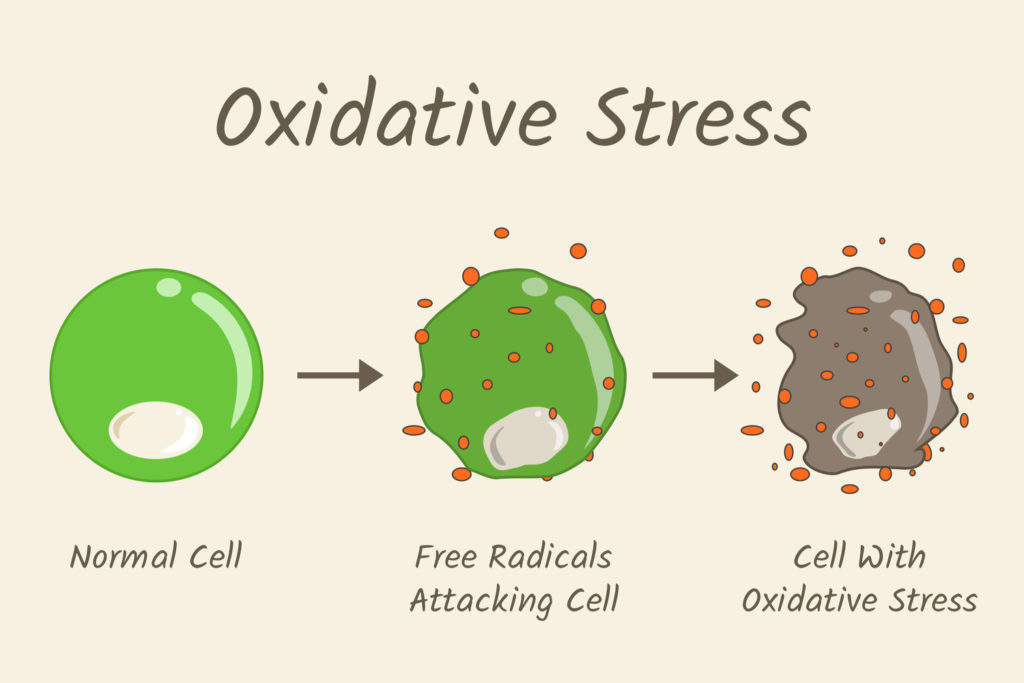
What do antioxidants do for your health? To answer this question, it’s important to understand the damage that can be caused by the free radicals that antioxidants are so good at fighting.
If there are too many free radicals in your body, you could be at higher risk for these conditions:
- Deterioration of the eye lens, which could lead to vision problems and blindness
- Joint inflammation that develops into painful arthritis
- Damage to the brain’s nerve cells, which could lead to ailments such as Parkinson’s and Alzheimer’s disease
- Accelerated aging
- Plaque accumulation on the artery walls, which could develop into heart disease
- DNA damage, which could set the stage for certain types of cancer
Consuming antioxidants and including antioxidant compounds in your diet can help give your body the resources it needs to keep free radicals under control. This will help minimize your risk of developing the conditions listed above.
Types of dietary antioxidants
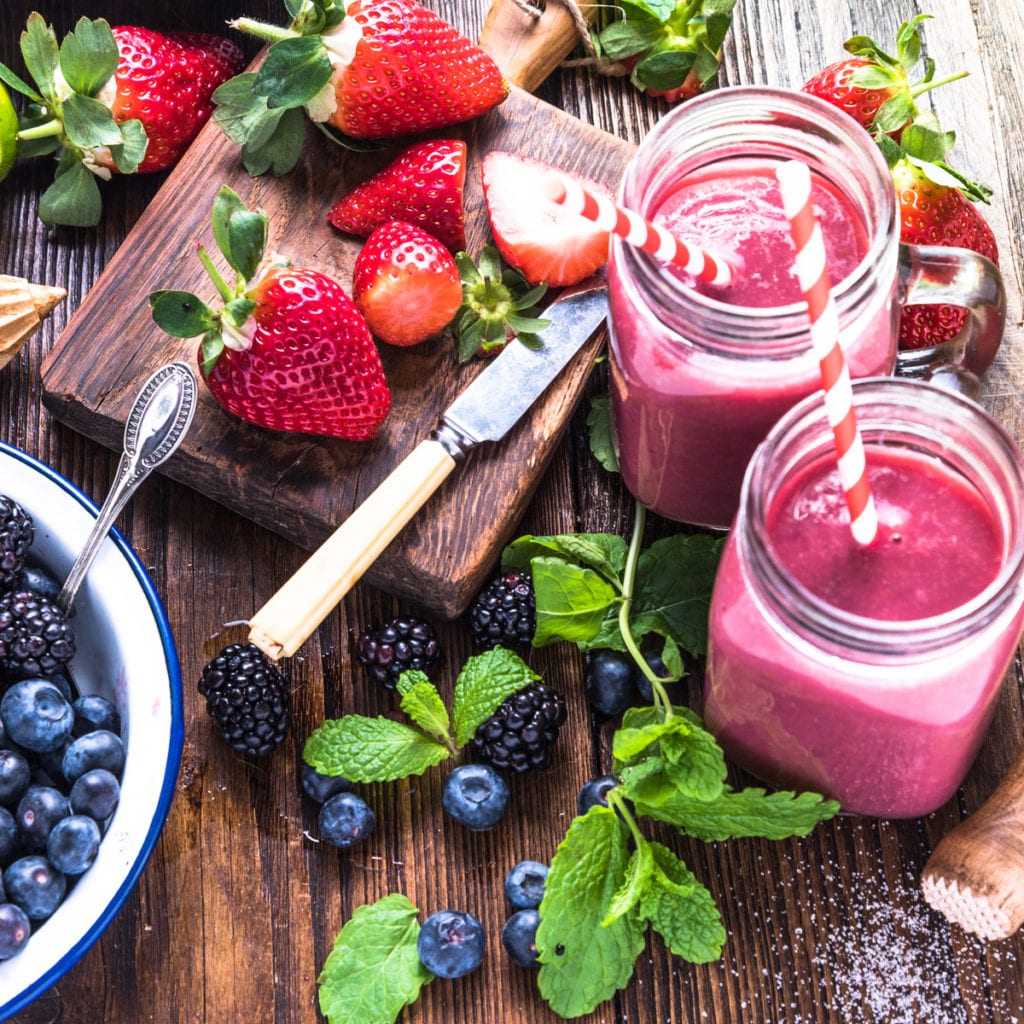
There are two broad types of dietary antioxidants: water-soluble and fat-soluble.
Water-soluble antioxidants do their work in the fluid within and around your body’s cells. Fat-soluble antioxidants focus their efforts primarily within your cell membranes.
There are other subgroups beyond these two main groups.
Here are some key dietary antioxidants:
- Vitamin C: Water-soluble, and it supports your immune system
- Flavonoids: Plant antioxidants that can help prevent certain types of cancer
- Vitamin E: Fat-soluble, and it helps shield cell membranes from oxidative damage
It’s important to note that many substances classed as antioxidants also serve in other roles. For example, turmeric contains curcuminoids, a type of antioxidant. And extra-virgin olive oil contains an antioxidant known as oleocanthal. Studies show that curcuminoids and oleocanthal are more than just antioxidants; both these substances also work to fight inflammation in the body.
Antioxidant foods
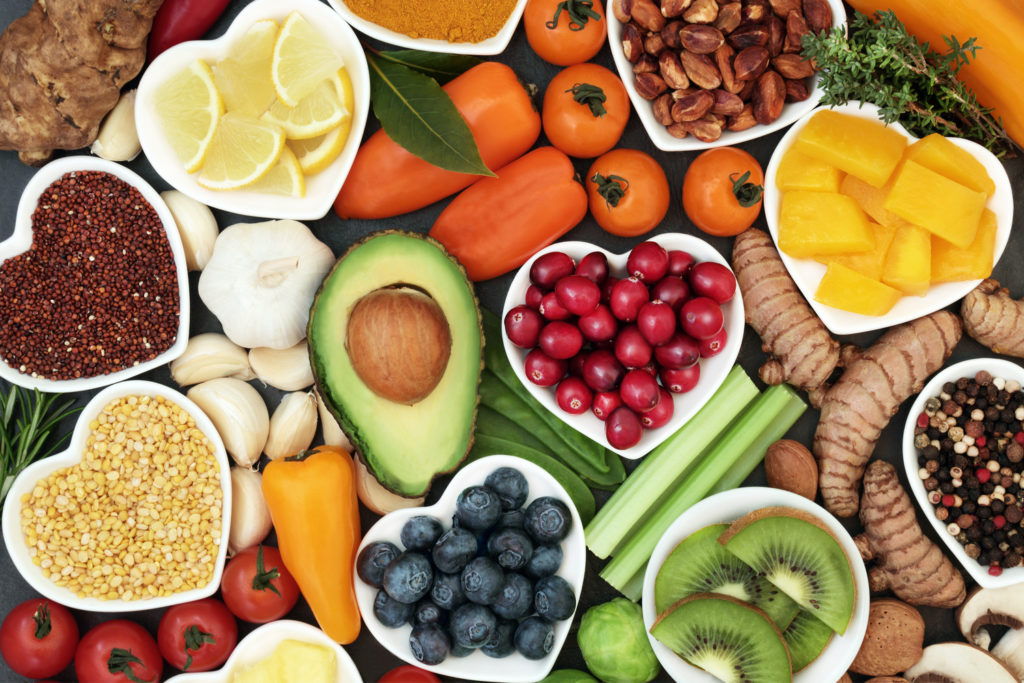
Here is a list of antioxidants and foods that contain them:
- Allium sulphur compounds – found in onions, garlic and leeks
- Anthocyanins – found in grapes, berries and eggplant
- Beta-carotene – found in pumpkins, carrots, mangoes, apricots, spinach and parsley
- Catechins – found in red wine and tea
- Copper – found in lean meat, nuts, seafood and milk
- Cryptoxanthins – found in red pepper, pumpkin and mangoes
- Flavonoids – found in green tea, citrus fruits, red wine, onions and apples
- Indoles – found in cruciferous vegetables such as cauliflower, cabbage and broccoli
- Isoflavonoids – found in tofu, lentils, soybeans, peas and milk
- Lignans – found in sesame seeds, whole grain and vegetables
- Lutein – found in corn and green leafy vegetables such as spinach
- Lycopene – found in tomatoes, watermelon and pink grapefruit
- Manganese – found in seafood, lean meat, milk and nuts
- Polyphenols – found in thyme and oregano
- Selenium – found in seafood, lean meat and whole grains
- Vitamin A – found in liver, sweet potatoes, egg yolks, carrots and milk
- Vitamin C – powerful antioxidant found in oranges, kiwi, mangoes, broccoli, spinach and strawberries
- Vitamin E – found in avocados, nuts, seeds and whole grains, as well as vegetable oils such as wheatgerm oil
- Zinc – found in seafood, lean meat, milk and nuts
- Zoochemicals – found in red meat and fish
What do antioxidants do when taken as supplements?
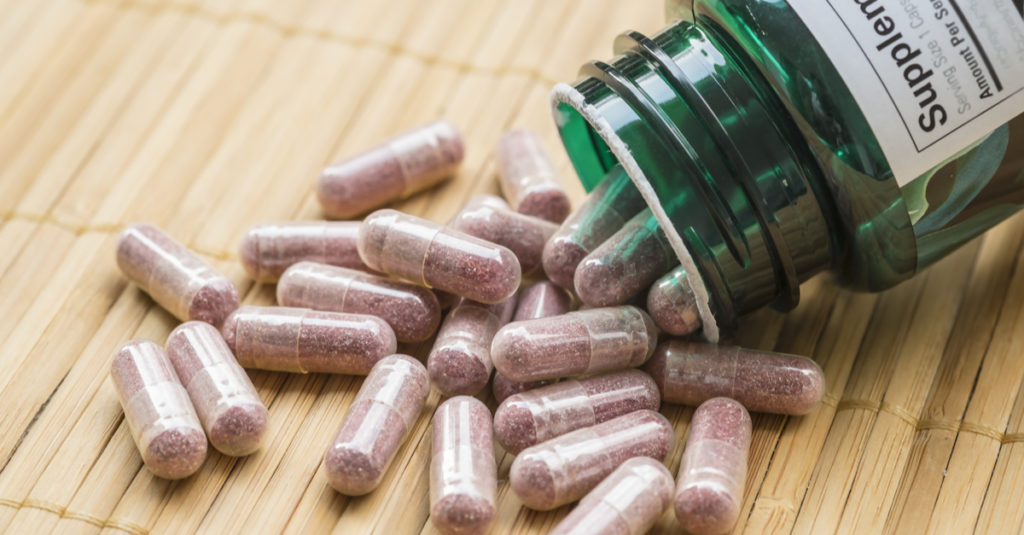
Antioxidant supplements are available, and they come in many different types and strengths.
So, what are antioxidants good for when taken as supplements? Are they worth the investment?
Helpful, but not as helpful as whole foods
Your body needs a certain amount of antioxidants for good health. Antioxidant supplements can play a vital role if you are deficient in certain nutrients, or if you are unable to get all the antioxidants you need from your diet.
Keep in mind, though, that studies show it may be better to get your antioxidants from whole foods instead of supplements. Some research indicates that antioxidants taken in supplement form are less effective at halting oxidative damage than antioxidants obtained from food.
One such study compared orange juice and a supplement containing the same amount of vitamin C as the juice. The study showed that the juice had significantly greater antioxidant power than the supplement.
Why is this the case? Researchers speculate that many food compounds work synergistically. Taking just a couple of isolated nutrients won’t provide the same benefits you’d get from ingesting a whole food that contains the desired nutrient.
More isn’t always better

There’s another point to consider: When it comes to antioxidant supplementation, more isn’t always better. While supplements can provide certain benefits, they can sometimes be harmful if consumed at levels that far exceed the recommended amounts for dietary intake.
Studies show that excessive intake of isolated antioxidants can wind up having an effect that’s the opposite of what’s intended. High intake can promote cell damage, instead of preventing it.
And one study showed that in certain cases, use of high-dose antioxidants can have health consequences that are very real and very negative. This study tested the effectiveness of high doses of beta-carotene on the incidence of lung cancer. Participants were at high risk for this disease due to a history of cigarette smoking or exposure to asbestos. The study was stopped ahead of schedule because participants getting the antioxidant supplement were found to have a 28 percent increase in incidence of lung cancer and a 17 percent increase in incidence of death.
Most supplements that provide antioxidant support – such as multivitamins, for example – include this nutrient at levels that are well within the recommended amounts for daily consumption. But you have to stick to the dosage guidelines shown on the label. Some people double or triple the dose hoping for additional benefits, but the research doesn’t support this approach.
One final point: While ingesting an excessive amount of antioxidants may by harmful if you’re getting them via supplements, you don’t face the same risk when getting these nutrients via your diet. If you’re getting your antioxidants from food, there’s no downside to consuming large amounts of this nutrient.
Bottom line on antioxidant supplements
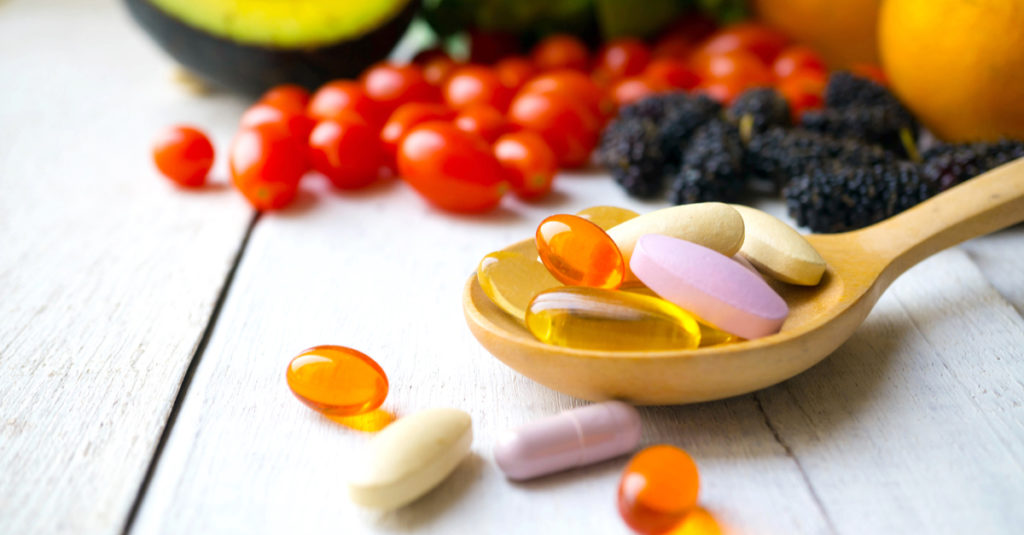
The bottom line is that an antioxidant supplement can provide value by providing nutrition that your body may be lacking. But be sure to stay within the recommended amounts for dietary intake.
And if you want to reap maximum benefits from antioxidants, make sure your diet contains lots of natural antioxidant foods. These foods are superior to supplements when it comes to the potency of their antioxidant capabilities.
Next steps
So, what are antioxidants going to do for your wellness journey? Enjoy each health benefit these nutrients offer by adding more of them to your eating plan.
If you want to include more antioxidant foods in your healthy diet, subscribe to Fresh N Lean. We cook each meal and deliver it to your door. Our chef-prepared meal plans range from vegan to keto.
Fresh N Lean is the nation’s largest organic meal delivery service. Our tasty, chef-prepared cuisine is always fresh and never frozen, and we offer convenient meal plans like Protein+, Keto, Paleo, Standard Vegan and Mediterranean. Choose Fresh N Lean for affordable nutrition, delivered to your doorstep.
